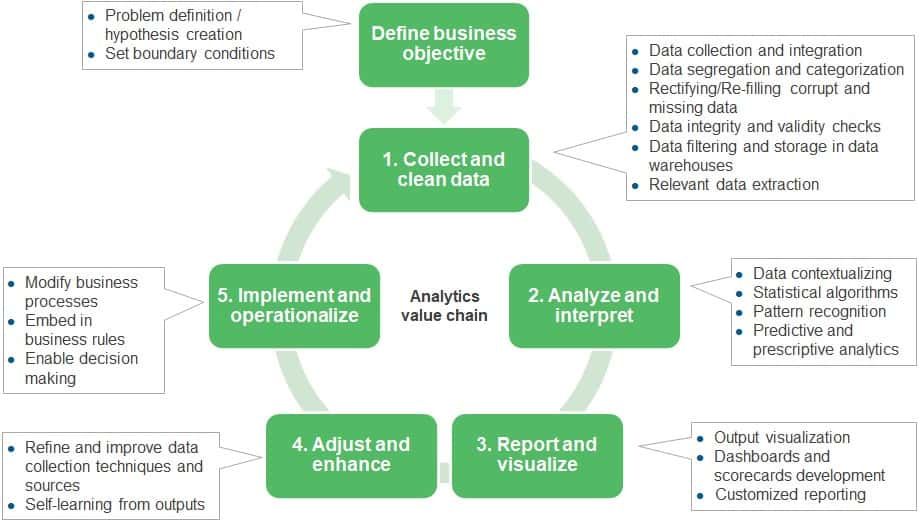Blog
How to Construct a Digital Transformation Analytics Roadmap | Blog

Is data really the new oil fueling digital transformation? Absolutely. A company’s ability to make fast-paced, meaningful decisions in a volatile business environment is key to competitive differentiation. Indeed, industry leading enterprises are using data and analytics to adapt to dynamic market conditions, drive continuous innovation, and accelerate the speed of doing business.
However, many organizations are struggling in their efforts to harness the value of data to aid their transformation efforts. The single most important reason for these failures is their technology-first thought process. They invest in the latest big data and analytics tools, AI and ML algorithms, and visualization technologies, and subsequently determine how to drive adoption.
This approach is flawed. Why?
Technology in and of itself does not provide answers to how businesses must adapt for success in a data-driven future. It’s not enough to have the best tools; organizations need to start with a broader vision built on a foundation of business requirements. Companies that succeed at meeting their analytics objectives let business goals drive the technology, and not the other way around.
The business objectives
To develop an effective and value-generating analytics roadmap, enterprises need to start with their strategic business objectives. These tend to fall into three broad categories:
• Top-line growth – Value derived from better understanding potential target segments to enable greater revenue generation. For example, improved customer satisfaction, creating long-term customer loyalty, etc.
• Cost reduction – Value created by leveraging analytics to identify the cost leaks, such as redundancies and inefficient processes, and trim expenses. For example, minimizing procurement spend, plugging revenue leakage by reducing inventory cost, etc.
• Risk and compliance management – Value gained from monitoring, preparing, and managing risk and compliance on a real-time basis, and anticipating any potential risk-related issues, e.g., fraud detection and monitoring.

The building blocks
After clearly establishing their business objectives, organizations need to make important decisions about four distinct building blocks:
• Data – At the heart of every analytics solution lies data in its raw form. Enterprises need to have a data strategy in place to cope with increasingly large and complex data volumes coming from diverse sources in a wide variety of formats (text, images, audio, video, etc.)
• Technology tools – Core technology tools and platforms for data ingestion, processing, preparation, and visualization are critical. But they cannot be one-off implementations. Enterprises should focus on building integrated technology ecosystems to address immediate, distinct use cases without considering the mid-to long-term creation of sustainable capabilities
• Talent – This requires the creation of competencies around the specific, expected data and analytics capabilities. Given the huge demand/supply gap for data and analytics professionals, particularly data scientists, e-enterprises must proactively and enticingly attract and retain the right talent
• Infrastructure – The focus here is on ensuring that the IT infrastructure can handle the volume, variety, and velocity of the data and the complexity of the analytics.
Once they’ve laid the business objectives and building blocks groundwork, enterprises can develop their digital transformation analytics roadmap. In order to achieve the desired business outcomes from the analytics process, they need to embrace a structured, five-step iterative approach.
Getting this right is critical, and the stakes are high. The organizations that proactively embark on a data-driven digital transformation journey – i.e., every company– will gain a significant competitive advantage. Those that fall behind risk irrelevance.
For more information and insights on how to create a digital transformation analytics roadmap for your business, or to share what you’ve been able to achieve with your roadmap, please contact me at [email protected].